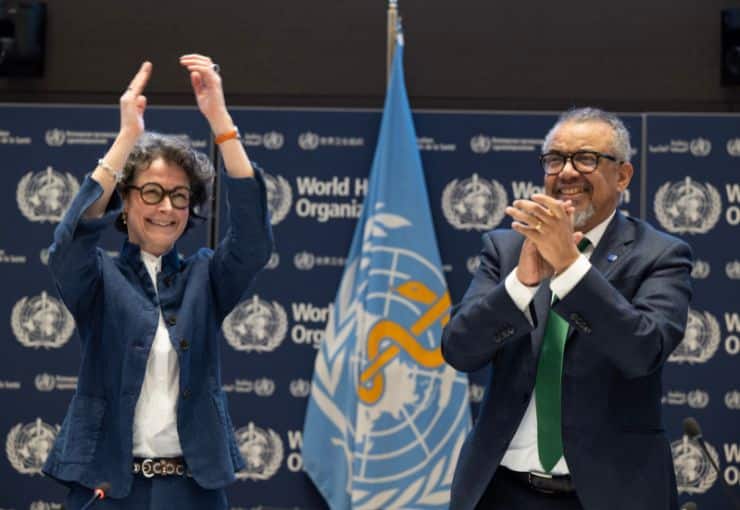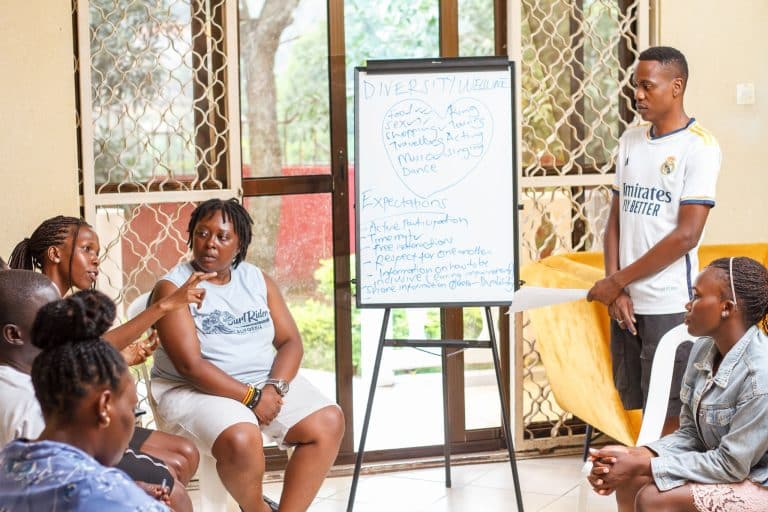Global actors such as the World Bank Group should focus on strengthening public health financing, and refrain from promoting Public-Private Partnerships (PPPs) with commercial companies in healthcare because of associated risks, such as worsening existing inequalities. This is our request in our co-signed open letter (with nearly 100 signatories) to the World Bank Group, which we sent today and which will be discussed during our joint session with other organisations at the Civil Society Policy Forum of the World Bank/IMF Spring Meetings 2021. Our request is based on an analysis of PPPs in healthcare which we describe in our new position paper ‘Risky business’.
Global actors are increasingly promoting Public-Private Partnerships (PPPs) as an instrument to provide and finance healthcare in low- and middle-income countries. However, our research shows that PPPs often have an opposite, negative effect on achieving equal access to quality key health services for everyone, i.e. Universal Health Coverage (UHC). Our findings show that:
- PPPs are more expensive than public provision, because private investors require a built-in profit margin, which is often very generous, especially in low- and middle-income countries where the investment is considered more ‘risky’;
- PPPs weaken the health system, because PPP contracts lock in scarce public resources for many years, hampering a democratic allocation of resources and the flexibility of the health system. This undermines the system’s responsiveness to acute crises, such as the Covid-19 pandemic;
- PPPs are more inequitable, e.g. due to private investment going towards more profitable services, leaving a weakened public system to deal with the rest.
Systemic change begins with changing health systems
The Covid-19 pandemic revealed that we need a systemic change: it has affected underprepared and underfinanced health systems in particular. The widely held belief that “public” is underfunded and inefficient, whereas “private” is more efficient and better, undermines the collective responsibility – represented by the public sector – to provide healthcare and other basic services for everyone.
Our research shows that PPPs are more expensive, risky, and inequitable than public healthcare – due to the private finance involved in the PPP model. We advocate a ‘Public First’ approach in healthcare: a first step would be to stop promoting PPPs as a strategy for healthcare delivery and financing, as long as there is no independent, detailed and locally validated body of evidence that shows a lasting positive impact on fiscal space for health, efficiency, and equitable access.
We will discuss our open letter to the World Bank and our position paper ‘Risky business’ during our joint Civil Society Policy Forum session ‘Universal access to healthcare: lessons learned from Public-Private Partnerships’ with Afrodad, Dawn Feminist, The Global Initiative, Eurodad, ISER, and SID today at 15-16.30 CET. Stay tuned for more on this session!
Read our summary of our Civil Society Policy Forum session here.




